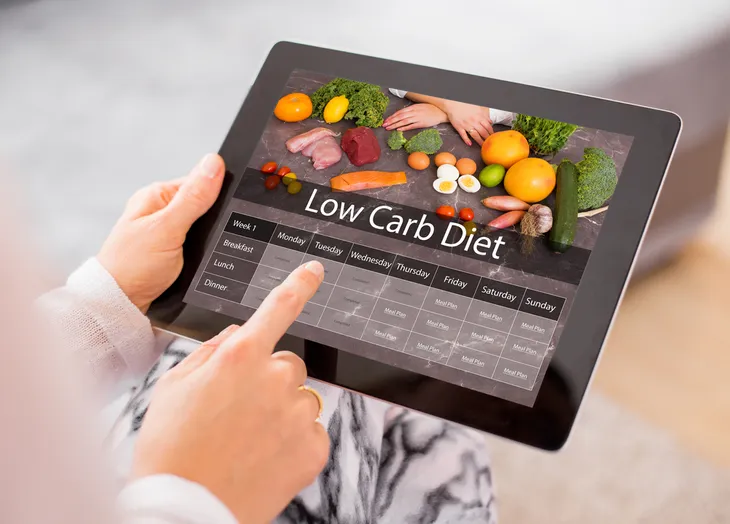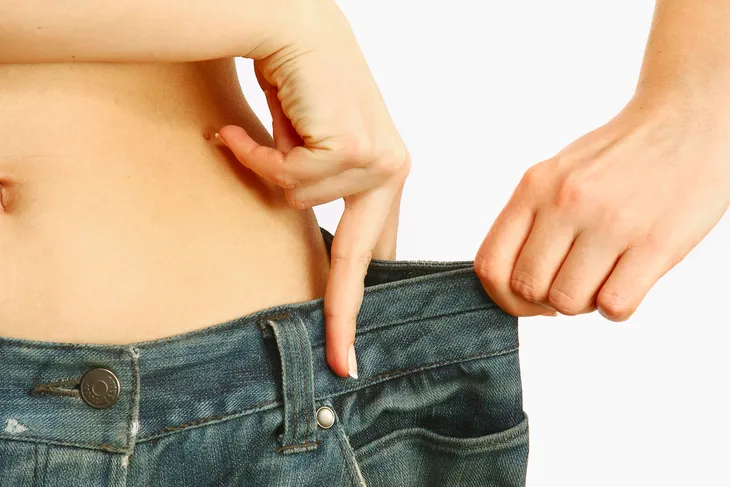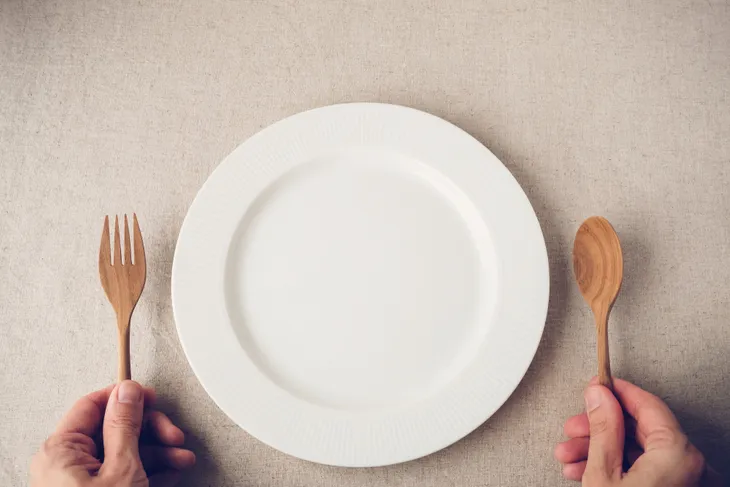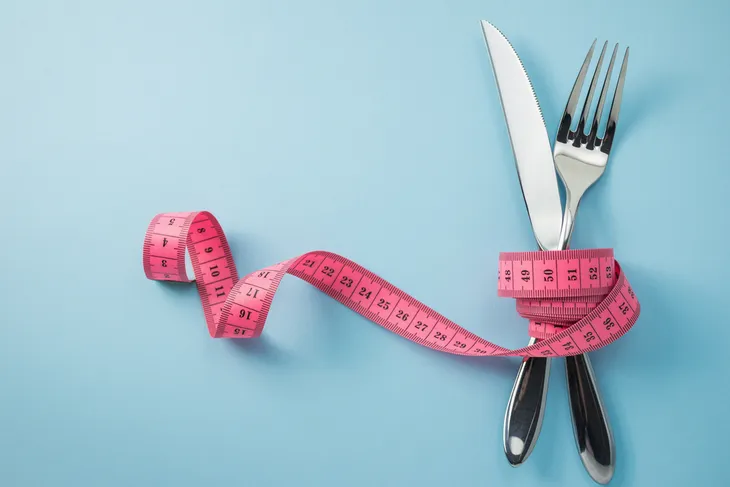You know the old adage, if it sounds too good to be true, chances are that it is!
While making small changes in one’s diet and activity levels can bring increased energy and lasting weight loss—fad or crash diets that promise unrealistic weight loss by restricting food, fat, or calories can be dangerous and short-lived. Here are eight obvious signs that you’re in fad diet territory…
Celebrity Endorsements
I’m having flashbacks of the Baby Food Diet endorsed by Reese Witherspoon or the Master Cleanse concoction of maple syrup, water and cayenne pepper that Beyoncé touted. These diets had “FAD” written all over them. Not only do most star-endorsed diets dangerously restrict calories, the weight you shed rather quickly is mostly just water, which means once you resume eating like a normal human being, you’ll gain it back just as quickly.
Excludes Major Food Groups
A healthy diet is a balanced diet and that means incorporating foods from all essential sources—healthy fats, lean animal and vegetable proteins, and complex carbohydrates. That’s why it should seem rather fishy when a diet expects you to eliminate one or more major food groups (i.e., carbohydrates).
Promises Quick Results
You can’t get something for nothing and that’s why if a diet touts quick results with little or no effort (i.e., weight loss of more than two pounds per week with no exercise), you should call its long-term validity into serious question.
No Mention of Consulting a Doctor
The first thing you should do before starting any new or extreme diet is consult with a medical professional—like a doctor or a registered dietician. However, if a diet disregards the support and testimony of medical experts; its program or products are probably based on unfounded health claims and/or research.
Limits Food Choices
As mentioned previously, a healthy diet is a balanced one. That’s why you should steer clear of any eating plans that limit your food choices (i.e., the grapefruit or cabbage soup diet).
Endorses a Product
Variety is the spice of life and typically. That’s why something’s seriously up when it comes to fad diets that tout a certain pill, powder, or branded food as part of their (typically) overpriced plan.
Testimonies Are Dieter Based
Sound eating plans are based on medical evidence—whereas the “evidence” used by fad diets is often only backed up by so-called “success” testimonies from “dieters” who used the plan. This typically tells you there is contradictory or no scientific evidence at all to back up claims that this diet actually works and is safe.
Too Good to Be True
If it sounds too good to be true—chances are that it is a fad diet. Beware of making claims that tell you to “eat what you want and still lose weight” or shrink 5 dress sizes just by popping an expensive pill. Losing weight safely and over the long term takes a healthy balanced diet, effort (via exercise), and, of course, time.











